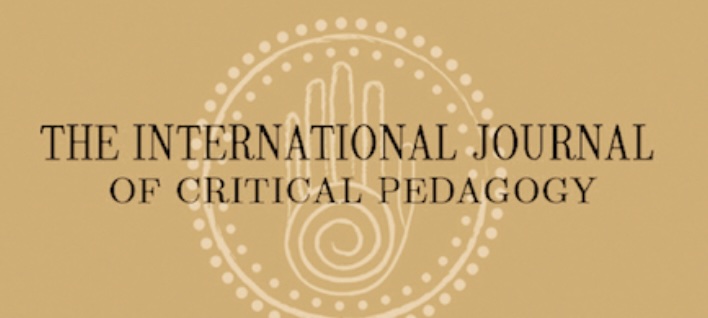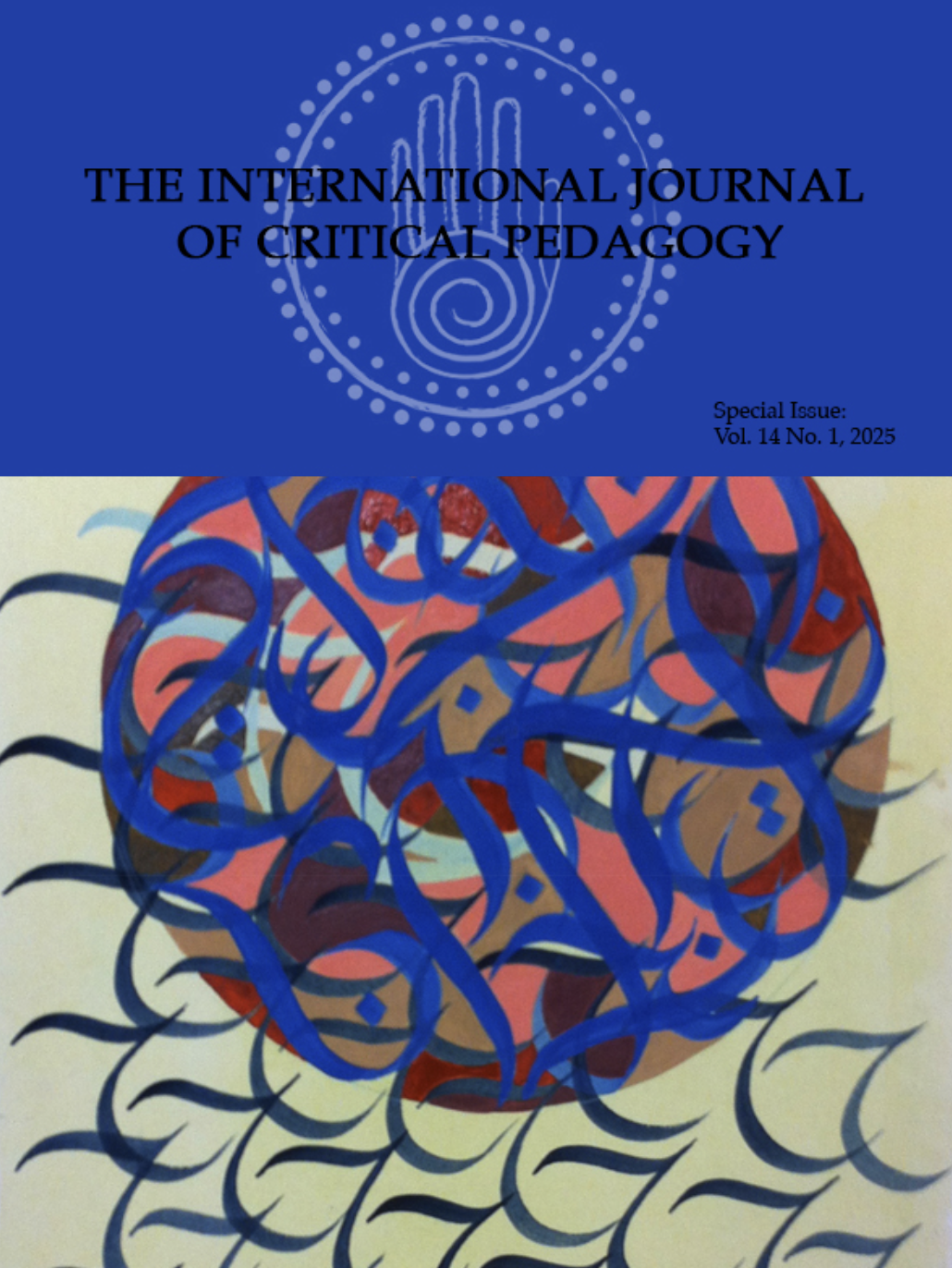Abstract
The experience of hip-hop in El Alto, Bolivia is at once familiar as it shares much of the sound, symbols and oppositional aspects with youth counterparts around the world, and also unique insofar as it takes on an explicit educational dimension. In El Alto, an environment where schools are scarce, poverty and unemployment rife, and mistrust of government and elite institutions widespread, the practice and culture of hip-hop seem to be fulfilling a role of popular, non-institutionalized public sphere education. Hip-hop has served as a means for youth to narrate their stories, write alternative histories, and act pedagogically and politically, especially during the political mobilizations in the past decade. Through life histories of two of the young men involved in popularizing hip-hop locally, this paper analyzes youth as public pedagogues and the streets, songs, and local cultural centers as public sphere schools.
Keywords: Bolivia, youth, political economy, El Alto, alternative education, hip-hop
How to Cite:
Herrera, L. A. & Ballivian, R. R., (2012) “Schools of the Street: Hip-hop as Youth Pedagogy in Bolivia”, International Journal of Critical Pedagogy 4(1).
Downloads:
Download PDF
View PDF

